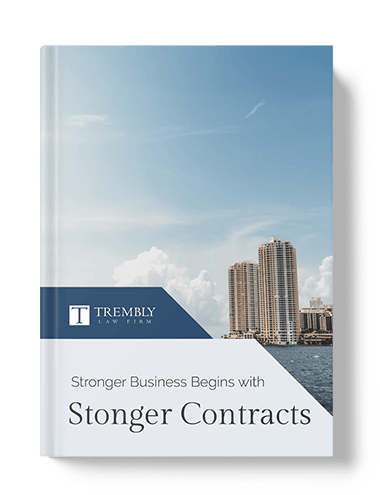If you run your own firm, you’ve no doubt given plenty of thought and planning to the prevention of litigation. Litigation can be one of the most costly things a business can endure; even settlements can be very costly, although they are typically a far better alternative from a financial standpoint. In fact, litigation can be something which ultimately drags down a business to the point of financial ruin. Consequently, businesses often invest considerable resources toward the goal of preventing litigation.
In this post, we’re going to discuss how business owners can prevent employee generated lawsuits. An employee’s conduct during the course of business can be the basis for a lawsuit against your company; as we will discuss, this concept is referred to as “respondeat superior.”
Basics of Respondeat Superior
Simply put, respondeat superior refers to a situation in which the conduct of an employee leads to an actionable case against the company, rather than the individual employee himself or herself. In other words, it refers to the legal responsibility of a company for the conduct of its employees. This legal responsibility has limits, of course; for instance, if an employee commits an act which is clearly outside the bounds of his or her job tasks, then the employee’s behavior may not lead to an actionable case. But, if an employee accident leads to damages against an outside party, and the accident was caused by normal business conduct, then those damages might be recoverable against the employer.
Let’s consider an example: a convenient store owner hires a part-time worker to clean the store. As part of the worker’s job duties, the worker is required to put a “caution: wet floor” sign whenever the floor is mopped. On one occasion, the worker fails to do so, and a customer slips, falls, and breaks his or her arm. The customer then initiates a lawsuit against the convenient store for the medical bills. In this situation, the customer cannot file a suit against the part-time worker, even though the accident was in some sense caused by the worker’s negligence.
Tip #1: Provide Solid On-Site Education
The question arises: how can employers prevent these kinds of lawsuits? When you realize that you might be liable for an action performed by an employee, your first instinct should be to minimize the probability of this from occurring. Perhaps the best thing a business owner can do is to provide thorough on-site education for employees. Employees need to be fully educated about how their behavior can potentially affect others, including others outside of the company. Although some accidents may be practically inevitable, you can certainly minimize accidents through education. Perhaps employees should be required to complete workplace safety quizzes on a monthly or bi-monthly basis; or, perhaps they should be required to recite their job functions on a regular basis.
Tip #2: Implement a Solid Hiring Process
Another way to prevent employee generated lawsuits is through a solid hiring process. Just as much as on-site education, the hiring process can provide an excellent tool to prevent litigation. This is because you need to use the hiring process as a screening device to weed out candidates who will create risk for the company. There are ways you can probe potential employees for their likelihood to comply with corporate rules put the company at risk.
Contact the Trembly Law Firm for More Information
These are just a couple of ideas on how to manage the risk of employee generated lawsuits. To learn more, give the Trembly Law Firm a call today at 305-985-4580 and speak to one of our veteran business lawyers.
Trembly Law Firm
9700 South Dixie Hwy Penthouse 1100
Miami, Florida 33156
(305) 431-5678


















